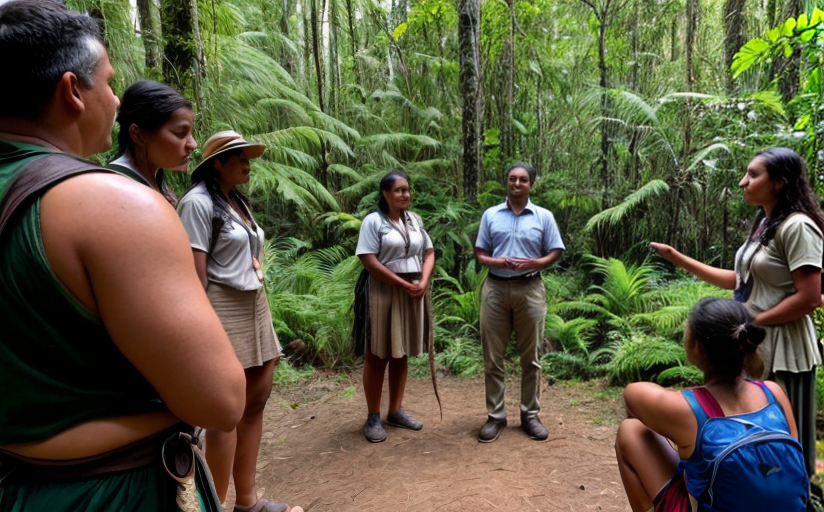The Vital Role of Indigenous Knowledge in Environmental Conservation and Sustainability
Indigenous Knowledge (IK) symbolizes a wealth of practical wisdom brewed through generations in indigenous communities worldwide. This article delves into the indispensable value of Indigenous Knowledge in endorsing biodiversity, promoting ecological balance, and developing sustainable ecosystems in the context of environmental conservation and sustainability.
Historical Context of Indigenous Knowledge in Environmental Conservation
The indigenous communities, for centuries, have harbored intimate relationships with their natural environments. They have developed practices and knowledge systems, inherent to their cultures and socio-ecological settings. This unique comprehension of the environment, and the practices derived from it, is what we currently term as 'Indigenous Knowledge'.
Indigenous Methods and Practices
The practices employed by indigenous communities vary across regions and cultures but bound by a common thread – sustainability. These methods include traditional farming practices, promoting crop diversity, disaster management methods, water resource management, and forest conservation. Their systems show a deeper understanding of natural processes and reflect a symbiotic relationship with nature.
Nurturing Biodiversity, Ecological Balance, and Sustainable Ecosystems
By harnessing the indigenous methods of conservation, communities naturally encourage biodiversity in their respective regions. Selective hunting and gathering, rotating and selective cropping techniques, and forest conservation practices aid in maintaining and promoting a diverse species population. The maintenance of ecological balance is a direct consequence of these practices which, in turn, paves the way for sustainable ecosystems.
Modern Integration of Indigenous Knowledge and Conservation Strategies
Various modern cases depict the integration of Indigenous Knowledge into conservation strategies. For instance, in Canada, traditional ecological knowledge of the indigenous Inuit people was incorporated in strategies to conserve the polar bear population and monitor their habitats. Similar approaches have been successful in Africa where indigenous Maasai knowledge has been used in wildlife conservation.
Challenges and Possible Solutions
Despite its potential, several challenges hinder the incorporation of Indigenous Knowledge on a larger scale, including language barriers, IP issues, disregard for IK in policy-making, and the erosion of IK through globalization. However, several solutions exist to address these, like co-management practices, legal recognition of indigenous rights, and knowledge sharing within policy and academic circles, among others.
Conclusion
Honoring and integrating indigenous knowledge into our environmental protection strategies is a necessary step forward in the pursuit of sustainability. It offers a unique perspective on ecology and conservation, a potential solution to many of our current environmental crises. The challenges to such integration need active addressing, both from governmental and institutional perspectives, ushering us to a world where indigenous wisdom shapes human relationships with our environment.

















Comments
Leave a Comment